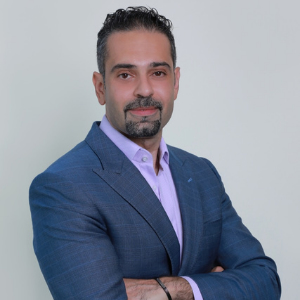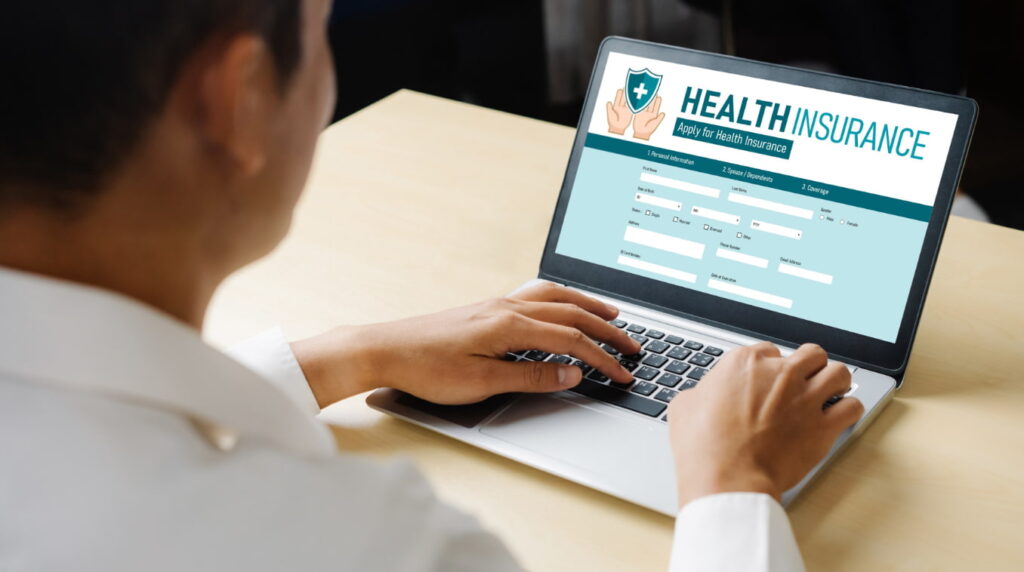Table of Contents
Whether you’re a household sponsor, a domestic worker, or a private‑sector employee, your UAE health insurance now moves in lockstep with your residency visa.. With the 2025 rules tying coverage to visa processing across MOHRE, ICP, and GDRFA systems, the fastest way to stay compliant is to follow a clear checklist. This guide explains how to secure DHA/DOH‑approved Basic Health Insurance and when to consider upgrades for real‑world needs.
What’s New (and Why It Matters)
From 1 January 2025, a valid Basic Health Insurance plan must be on file through the Unified Health‑Insurance Gateway before a work permit, Emirates ID, or visa can be issued or renewed. In short: no live policy, no visa. The requirement covers private‑sector employees, payroll freelancers, and domestic workers (nannies, drivers, cleaners) and their dependents. If you’re unsure what plan fits, a licensed broker like Petra can map options by emirate (Dubai health insurance via DHA or Abu Dhabi via DOH) and by network.
Documents Checklist (Have These Ready)
Before you start a quote or renewal, line up your documents. Insurers use these details to verify identity and link your DHA/DOH‑approved policy to the MOHRE/ICP/GDRFA systems—whether you’re enrolling a domestic worker or signing up as a private‑sector employee. Having everything ready prevents back‑and‑forth, speeds up e‑card issuance, and helps you avoid “On Hold – Insurance Required” status during visa steps. Here’s what to keep on hand:
- Passport copy + visa page or entry permit
- Emirates ID (or Emirates ID application number if new)
- Mobile number and email (for e‑card and OTPs)
- Sponsor details (for domestic workers) or MOHRE company details (for employees)
- Any medical declarations for pre‑existing conditions
Domestic Workers: Step‑by‑Step for Household Sponsors
1. Choose the right regulator & network
Pick a DHA (Dubai) or DOH (Abu Dhabi) compliant plan that specifically mentions coverage for domestic helpers. Confirm in‑network clinics near your home to avoid out‑of‑network costs.
2. Get a compliant Basic plan (and consider upgrades)
The Basic plan satisfies the 2025 health insurance mandate. If your helper frequently needs outpatient visits or specific medications, consider Enhanced options for lower co‑pays and wider networks.
3. Submit documents & link the policy
Your insurer or broker files the policy through the MOHRE‑ICP Unified Health‑Insurance Gateway. Ask for the policy number and confirmation that it’s linked to the worker’s visa file—this prevents ICP status from flipping to “On Hold – Insurance Required.”
4. Download and share the e‑card
Once issued, download the digital insurance e‑card and share it with your worker. Show how to check in‑network hospitals and pharmacies and how co‑pay works at the counter.
5. Time the start date with visa steps
Align the policy start date with work‑permit and visa renewal to avoid processing blocks. If your worker changes passport details, update the policy immediately.
6. Renew early
Renew at least 2–4 weeks before expiry. A lapsed policy can freeze a renewal for the entire household and may trigger fines.
Private‑Sector Employees: Step‑by‑Step for Smooth Onboarding
- Check your offer letter: Confirm who pays for your coverage (employer vs. employee), your plan tier (Basic/Silver/Gold), and any waiting periods (e.g., maternity).
- Complete enrollment promptly: Share passport, Emirates ID/appointment code, and contact details with HR or the broker. Fully disclose pre‑existing conditions; controlled conditions (like diabetes or hypertension) are often covered with waiting periods.
- Verify your network and co‑pays: Before your first clinic visit, open the insurer app or e‑card portal. Search in‑network providers, note co‑payamounts for GP vs. specialist, and check pharmacy coverage.
- Add dependents (and pick riders): Employers usually cover the employee; dependents (spouse/children) may be your responsibility. Consider maternity, dental, and optical riders if relevant, and ensure dependent policies are also filed via the Unified Gateway for visa renewals.
- Changing jobs? Keep coverage continuous: Don’t let your policy lapse during a transfer. Ask the new employer when your new plan activates and extend the old plan if needed to avoid an ICP/GDRFA block.
UAE Health Insurance Pro Tips
Once your UAE health insurance is active, how you use it day to day matters just as much as the plan you chose. The quick tips below will help you get care faster, keep out‑of‑pocket costs predictable, and avoid surprise bills—across Dubai, Abu Dhabi, and the Northern Emirates. Share these with your household or HR team so everyone books in‑network, understands co‑pays, and keeps e‑cards and receipts handy. Here’s your at‑a‑glance playbook:
- In‑network first: Out‑of‑network visits can be pricey. Make sure you always filter by network before booking.
- Know your co‑pay vs. deductible: Co‑pays are per visit; deductibles are annual thresholds. Be sure to budget accordingly.
- Maternity planning: Many plans have waiting periods, so be sure to enroll early.
- E‑card acceptance: Most clinics accept digital cards. Keep a PDF on your phone.
- Claims basics: Keep copies of invoices and prescriptions as most apps support quick uploads.
Need a Hand? Insure with Petra
Navigating health insurance in the UAE can feel overwhelming, but the professionals at Petra Insurance are here to help. Our team is experienced: we handle quotes, file policies through the Unified Health‑Insurance Gateway, check DHA/DOH compliance, and map in‑network providers so you can avoid surprises at the clinic. Ready to secure coverage for your domestic worker or finalise your private‑sector employee health insurance? Book a free 15‑minute review and get an action plan – fast.

RAMZI GHURANI
Managing Partner




